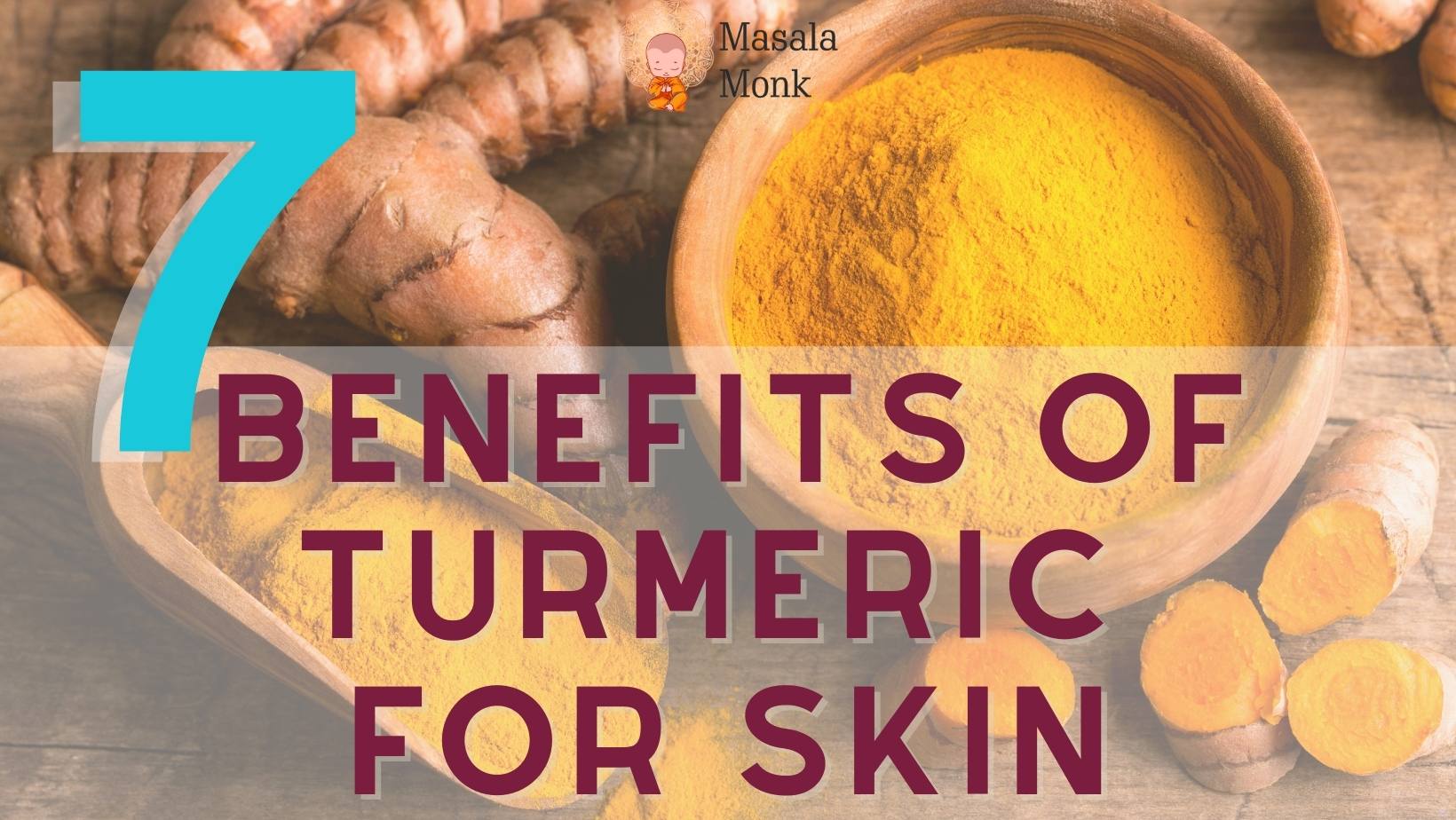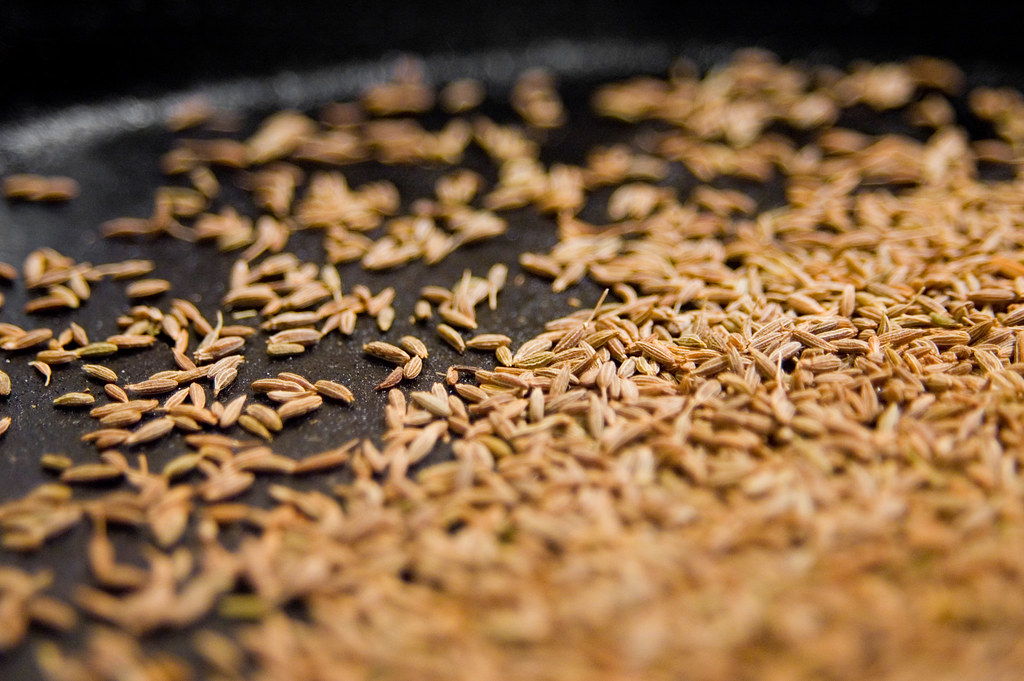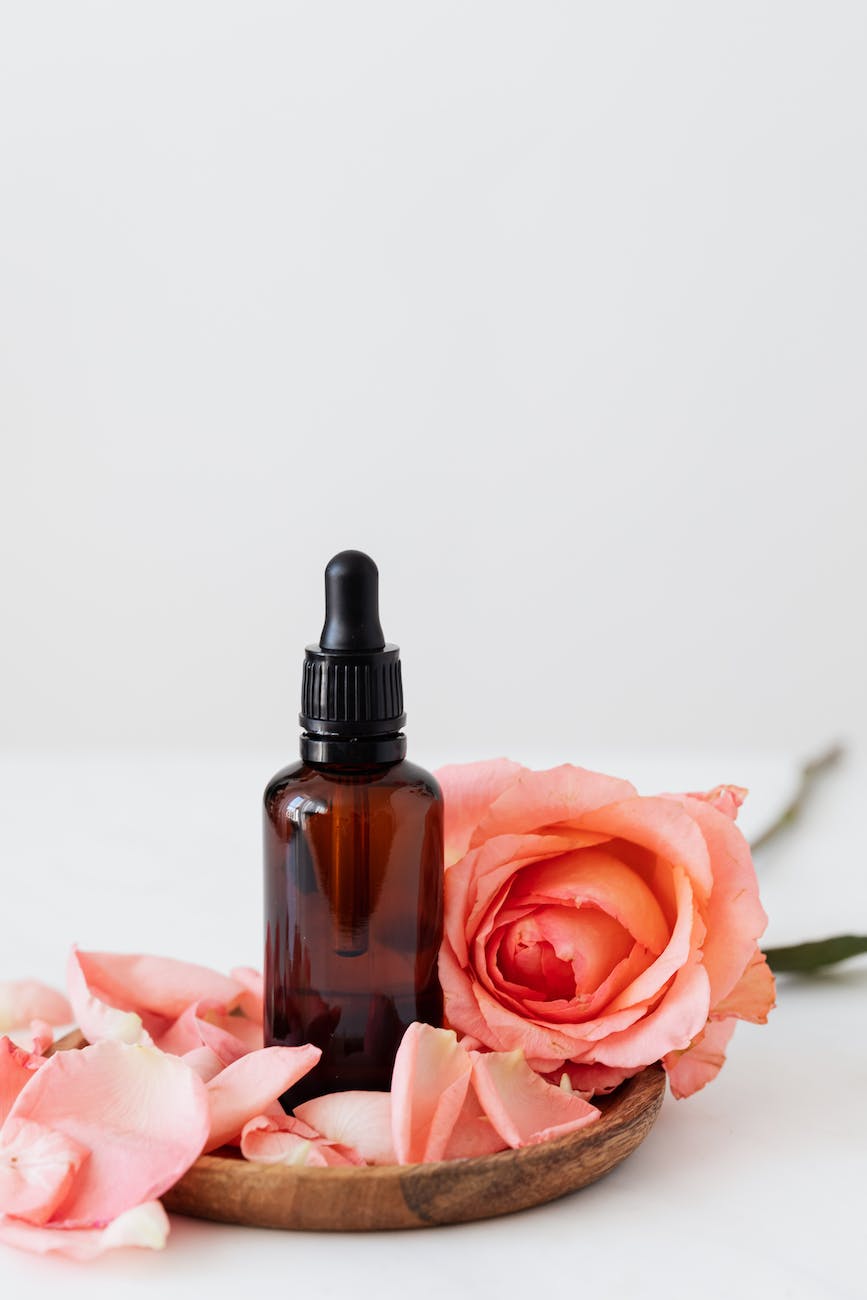
Clove and cinnamon, two spices that have been used for centuries in traditional medicine, are now making a comeback as a potent health elixir. When combined in a tea, these two ingredients create a powerful beverage that is not only delicious but also packed with health benefits. Let’s dive into the world of clove and cinnamon tea and discover its many benefits.
Clove and Cinnamon: A Dynamic Duo 🌟
Clove and cinnamon are both rich in antioxidants, compounds that help keep you healthy by fighting off oxidation caused by free radicals. These antioxidants are particularly abundant in clove and cinnamon tea, making it a potent health drink.
Clove, known for its antiseptic properties, is beneficial for skin health and can even help heal skin infections. It also promotes bone health, improving both density and strength. Moreover, clove can provide relief from tooth and gum pain by numbing the area, and it may help with sinus treatment by detoxing the system.
Cinnamon, on the other hand, is frequently recommended to people with arthritis to reduce discomfort. It promotes healthy blood circulation throughout the body, which can delay the onset of diseases like arthritis. Cinnamon is also beneficial for blood sugar control as it may improve insulin sensitivity and regulate blood sugar levels. It can lower fasting blood sugar levels, enhance glucose metabolism, and improve insulin signaling, which is beneficial for individuals with diabetes or insulin resistance.
The Benefits of Clove and Cinnamon Tea 🍵
When clove and cinnamon are combined in a tea, they create a beverage that is not only delicious but also packed with health benefits. Here are some of the benefits you can expect from drinking clove and cinnamon tea:
- Aids in Reducing Inflammation: The anti-inflammatory properties of clove and cinnamon can help reduce inflammation in the body, providing relief from conditions like arthritis.
- Promotes Digestion and Weight Loss: Clove tea can aid weight loss by improving digestion. A healthy digestive system is key to effective weight loss.
- Enhances Skin Health: The antiseptic properties of clove can enhance skin health and even help heal skin infections.
- Promotes Bone Health: Clove promotes bone health by improving both density and strength.
- Provides Relief from Tooth and Gum Pain: Clove can provide relief from tooth and gum pain by numbing the area.
- Helps with Sinus Treatment: Clove may help with sinus treatment by detoxing the system.
- Regulates Blood Sugar Levels: Cinnamon may help improve insulin sensitivity and regulate blood sugar levels.
- Promotes Heart Health: Cinnamon is beneficial for heart health.
How to Make Clove and Cinnamon Tea ☕
Making clove and cinnamon tea is simple and straightforward. All you need are cloves, cinnamon sticks (or ground cinnamon), water, and a sweetener of your choice (like honey or stevia). Here’s a basic recipe:
- Boil 2 cups of water in a pot.
- Add 1 teaspoon of cloves and 1 cinnamon stick (or 1/2 teaspoon of ground cinnamon).
- Let it simmer for 15-20 minutes.
- Strain the tea into a cup and add sweetener if desired.
- Enjoy your clove and cinnamon tea!
Remember, you can adjust the quantities of clove and cinnamon according to your taste. Enjoy this tea in the morning for a refreshing start to your day or in the evening as a soothing bedtime drink.
Frequently Asked Questions (FAQs) 🤔
Q1: Can I drink clove and cinnamon tea every day? Yes, you can drink clove and cinnamon tea every day. However, like any other food or drink, it should be consumed in moderation.
Q2: Can pregnant women drink clove and cinnamon tea? While clove and cinnamon tea has many health benefits, it’s always best for pregnant women to consult with their healthcare provider before adding any new food or drink to their diet.
Q3: Can I add honey to my clove and cinnamon tea? Yes, you can add honey or any other sweetener of your choice to your clove and cinnamon tea.
Q4: Can clove and cinnamon tea help with weight loss? Yes, clove tea can aid weight loss by improving digestion. However, it’s important to remember that weight loss should be achieved through a balanced diet and regular exercise.
Q5: Can I drink clove and cinnamon tea before bed? Yes, you can drink clove and cinnamon tea before bed. It can be a soothing bedtime drink.
Conclusion 🌈
Clove and cinnamon tea is a potent health elixir that offers numerous benefits. From reducing inflammation and promoting digestion to enhancing skin health and regulating blood sugar levels, this tea is a powerhouse of health benefits. So, why not give it a try? Brew a cup of clove and cinnamon tea and enjoy its delightful taste and health benefits!
Blog Tags: Clove and Cinnamon Tea, Health Benefits, Antioxidants, Anti-inflammatory, Skin Health, Bone Health, Blood Sugar Control, Heart Health, Digestion, Weight Loss, Recipe, Wellness, Natural Remedies, Herbal Tea, Spices, Clove, Cinnamon.












